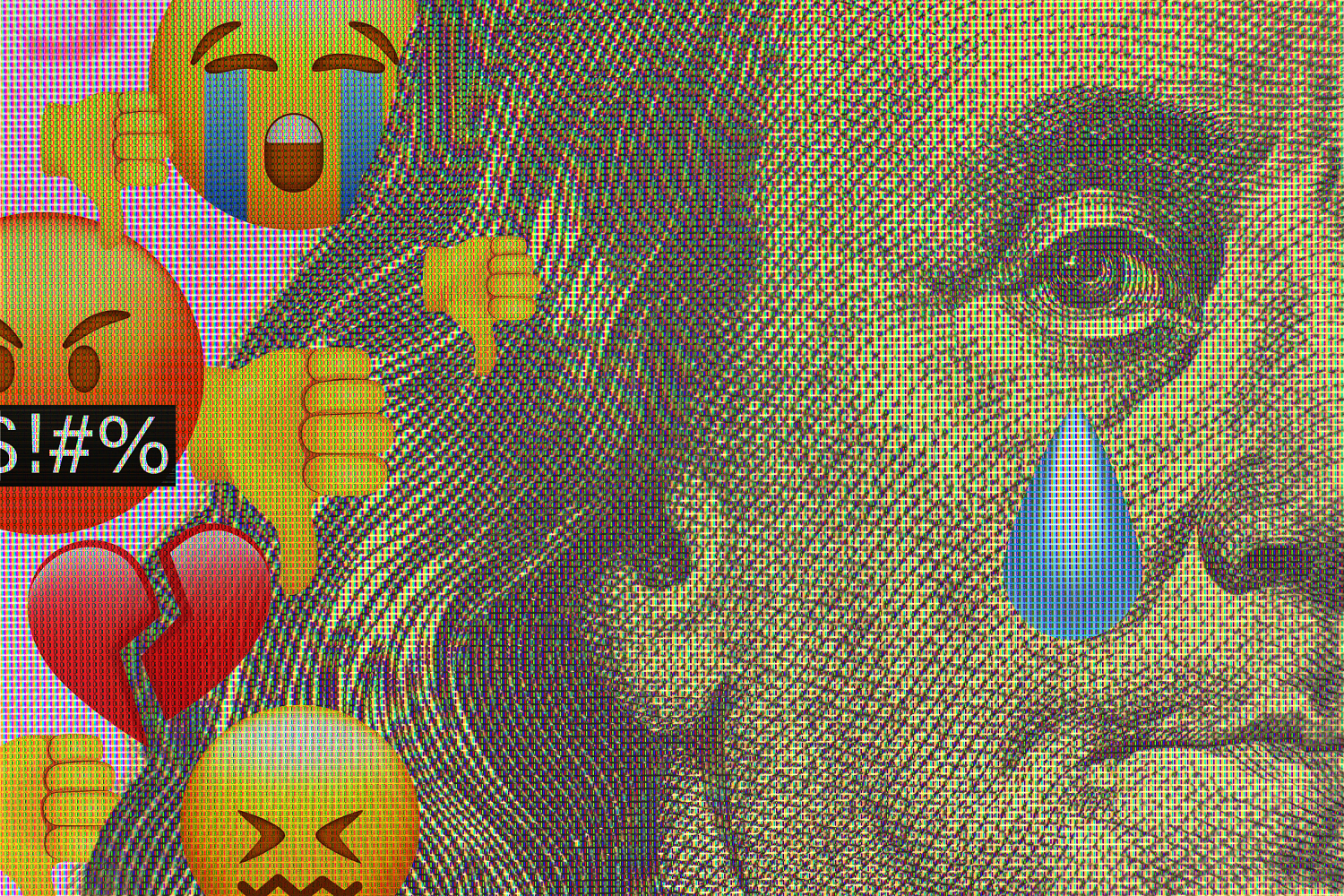Researchers have catalogued the British words and phrases most used in US conversation, sparking delight and frustration
The Americani(s)zation of British English is often described as a linguistic disaster – frustrations over imported words or usages, from “awesome” to “ATM”, are well documented.
But in recent years, there’s been growing interest in the opposite phenomenon: Britishisms that have made their way into American English. These days, it’s not uncommon to hear Americans describing a single event as a “one-off” or noting that a perfect assessment is “spot-on”.
Amongst (rather than “among”), whose use has nearly quadrupled in the US over the past four decades
Queue, whose frequent use on tech platforms such as Netflix has given its British meaning – what Americans would generally call a “line” – new life in the US
Wonky, meaning a bit off
Cheeky, meaning a bit naughty or indulgent, as frequently used by Mike Myers (a Canadian with English parents) on Saturday Night Live in the 1990s
Snarky, often used to describe early internet discourse and sites such as Gawker
Cheers, which has long been used while clinking glasses in the US but has started to mean “thanks” in some contexts
Keen, meaning enthusiastic
Maths, rather than just math, which has become more familiar in the US due to international academic work and social media
Nil, meaning zero, which is turning up in online gaming
Continue reading...

















